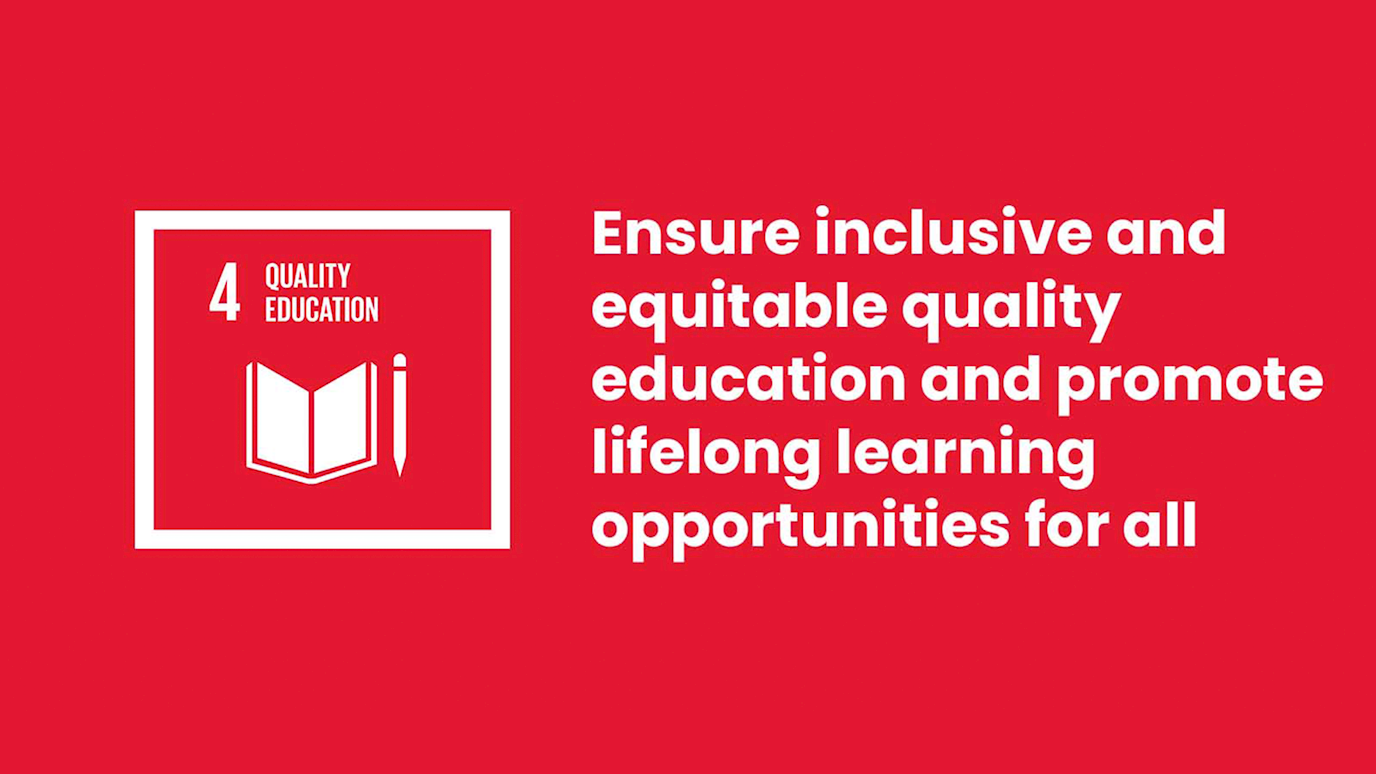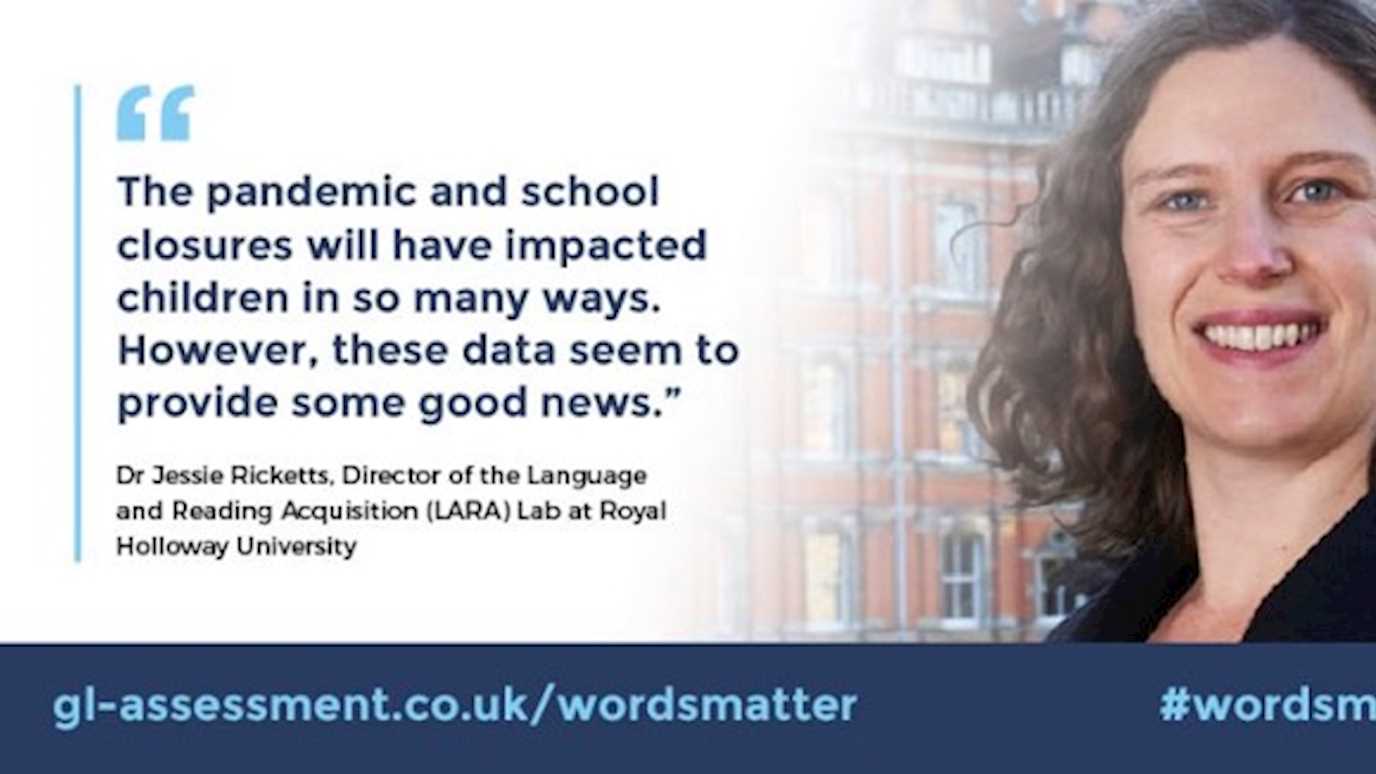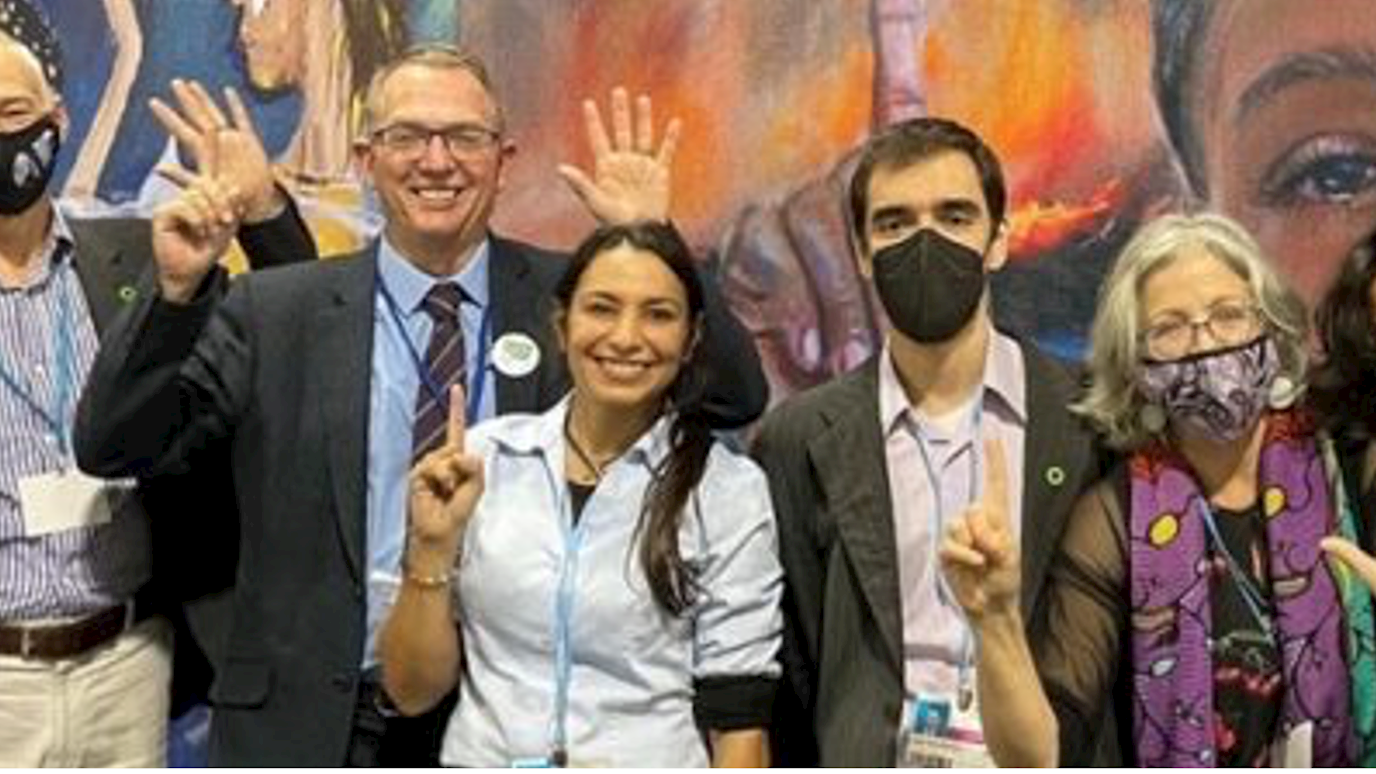SDG 4 calls for action to ensure that education is available globally, is of high quality, and that access to it is fair. The COP26 summit provides an excellent moment to reflect on this goal, writes Jessie Ricketts.

Overall progress with literacy has been dramatic, with perhaps some 14 per cent of the world’s population being functionally illiterate. But that 14 per cent is largely concentrated in the world’s poorest nations such as Mali and a lack of literacy has profound consequences for access to education, labour markets, citizenship rights and lifelong learning opportunities. SDG 4 aims to ensure that all young people are literate and numerate by 2030.
SDG 4 focuses on literacy (target 4.6), which resonates with our research in the Language and Reading Acquisition (LARA) lab at Royal Holloway.
It is vital that young people and adults have the skills that they need after school so that they can participate fully in society. Since 1967, the world has marked International Literacy Day, acknowledging that literacy is integral to human dignity and civic rights. One source of concern, recently, has been the impact of the COVID-19 pandemic on the learning of children and young people, because of lockdowns, school closures and patchy digital learning opportunities. Investing in teacher training and digital technologies will be a long-term priority for many states in the aftermath of this pandemic.

Our research aims to improve literacy outcomes by understanding how language and reading develop in children, young people and adults. We also work closely with teachers, policy-makers and other educational stakeholders to translate research findings into practice and evaluate evidence-informed strategies and interventions.
Literacy development in childhood and adolescence
Being literate is about being able to read and write in everyday life, and a basic goal of any education system is to embed these reading and writing skills, recognising that there are important gender differences. The first step of this is to teach how printed words relate to sound and meaning so that the learner can decipher printed words for reading and produce written words for writing. These word reading and transcription skills need to be secure for literacy skills to be harnessed for enjoyment and learning.
Our work has provided detailed information about how reading skills progress throughout compulsory schooling in the UK. Notably, the current Nuffield Foundation Reading and Vocabulary project (with Dr Laura Shapiro, Dr Sanne van der Kleij) has shown that individuals vary widely in their reading ability and the rate at which reading improves over time. A few factors link reading ability to progress, including socio-economic deprivation and the quality and quantity of literacy instruction. Deprivation and instruction show enormous global variation but have also been hit hard by the COVID-19 pandemic, with increasing poverty and school closure. Indeed, the UN emphasises falls in reading proficiency in 2020 as a major concern for SDG 4.
Literacy is language and language is literacy
Literacy sits on a foundation of spoken language. In evolutionary terms, spoken (or manual) communication came first, followed by text, which enables stories and information to be stored, and to be communicated in a variety of ways. Developmentally, a child or adult brings spoken (or manual) language skills to the task of learning to be literate. For example, the sounds and meanings of words will be known (spoken vocabulary knowledge), and literacy instruction provides the written word form. Our research has shown how important spoken vocabulary knowledge is for learning to read. But we have also been interested in the benefits of being literate, of how reading enables us to grow our language skills.
Image shows parents participating in hands-on, playful literacy activities with their children in the Parents as Literacy Supporters in Immigrant Communities (IPALS) programme.
Globally, many individuals become literate in their native language, enabling their spoken language to feed into their literacy, and their literacy activities to promote their knowledge of language. However, for many individuals the language that they learn to read and write is not their native language. This may reflect national or local decisions to use a common language of instruction or be driven by immigration. These individuals may not benefit fully from the mutually beneficial link between spoken and written language, and often need to learn both spoken and written language in parallel.
The literacy environment is important: time, access and autonomy
Literacy proficiency is driven by genetic factors, but environmental influences are also important. These environmental factors are malleable and indicate targets for educational strategies and intervention. A key aspect of a learner’s environment is their access to education and high-quality literacy instruction. In the UK, systematic phonics teaching and spoken language interventions have been shown to be effective in improving literacy in children. However, much less is known about how to promote reading in older children and adolescents and there is widespread concern about how little adolescents read.
Across the globe, being literate requires not only high-quality instruction but also time to read and access to appropriate books and reading materials, in schools, homes and libraries. In our research, we are currently working on two interventions to promote reading activity, in collaboration with Dr Laura Shapiro and Dr Sanne van der Kleij (Aston University) and Dr Sarah McGeown and Dr Emily Oxley (University of Edinburgh). In our secondary school intervention, we are providing adolescents with access to books that are interesting but not too difficult to read. We are also giving them autonomy by allowing them to choose which book or books they read and to set their own reading goals. Our second intervention will be co-designed with teachers and aims to promote reading motivation in primary-aged children. We hope that these interventions will enable more young people to read independently. Independent reading is essential for successful participation in education. It also opens up a new world of experiences to capture young people’s interest and imagination.
Dr Jessie Ricketts is a Reader in the Department of Psychology, Royal Holloway, University of London Jessie directs the Language and Reading Acquisition (LARA) lab, which aims to understand and promote literacy and language in children, young people, and adults. LARA lab members work closely with teachers, policy makers and other educational stakeholders to conduct research and realise its implications for education.
























